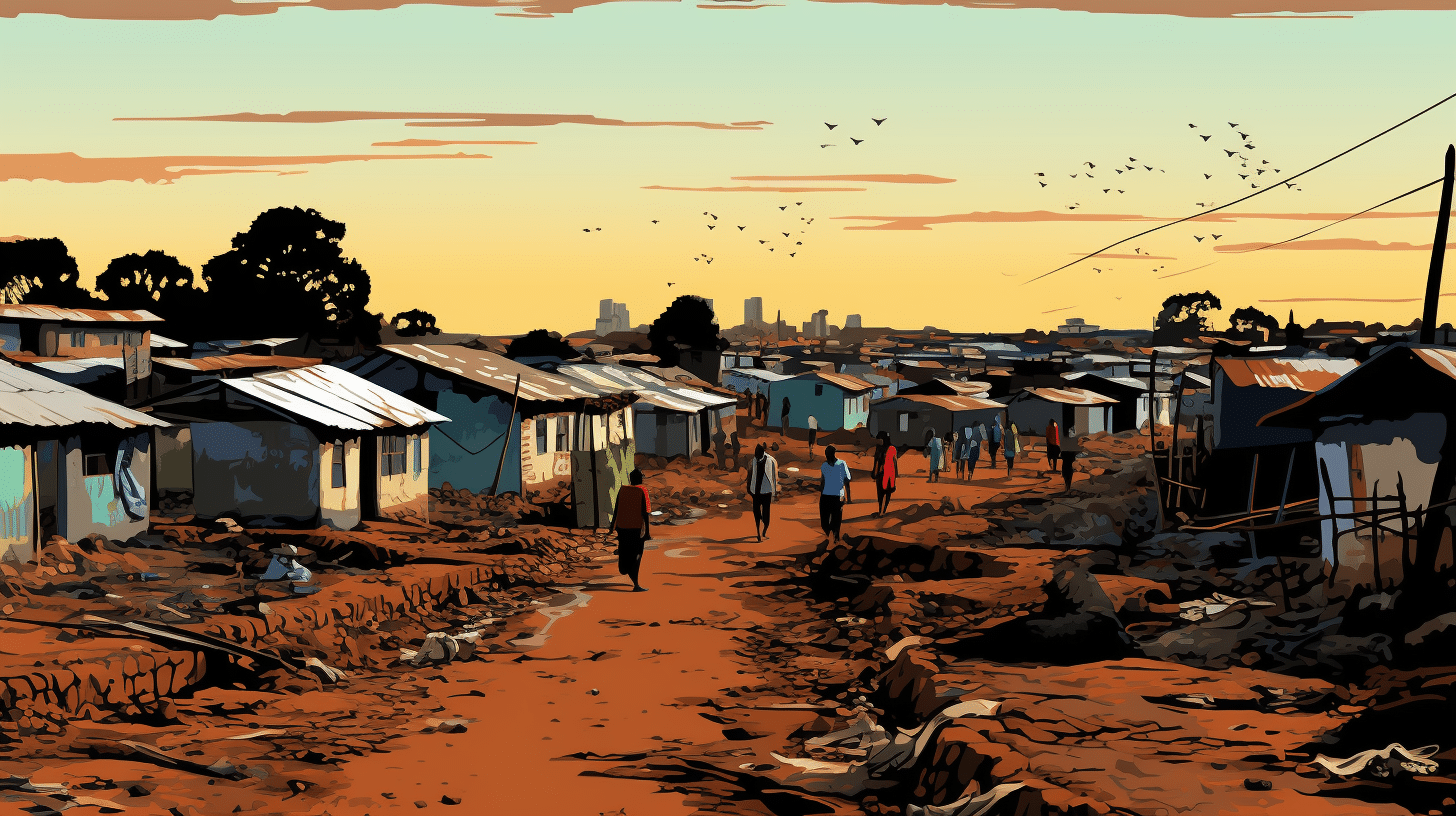Kenyan poverty is fueled by various factors: unemployment, rural to urban migration, corruption, child labor, tribalism, failing education system which doesn’t guarantee jobs or independency of the customer. The opportunities in the country are very few to satisfy every Kenyan citizen. This has left most Kenyans desperate and increase of idlers and others smoking themselves down with drugs. Kenya has a lot of unutilized opportunities and resources. Kenya has a population of 40% underage the bigger number of this percentage is below 15. One of the great resources Kenya is blessed with great human power and great climate for agriculture, if this is utilized to the maximum it will be a great stepping stone towards eradication of poverty.
The only challenge is water systems and by using various natural lakes in Kenya the supply of water would be enough for each homestead to utilize their land in agricultural projects. Agriculture will feed the people and have surplus for export, any other coin earned by Kenyans will not be used for purchasing food but in investing in industrial projects. If this sector of provision of agricultural water to dry land, it will sing the same song of poverty forever.
Kenyan poverty is rated at $ 1.46 per day in urban area and $ 1.46 each day in up country, in the year 2004 the poverty line rate was 57% and ten years after, the rate has risen to 61%. Measures of ending corruption has been put in place through anti- corruption body, Kenya had won the international aid it had lost in the 1990’s but it has lost again in the current regime due to the Kenyans choice of leadership. The increase of insecurity of Al Shaabab has made the tourism sector slow and the economy is further down grading.
The country will need a strong monetary and fiscal policies management and investment policies; a strong political and leadership choice would have helped in furthering development of construction infrastructure and a steady tourism growth. Political stability is very important for a positive country’s economic growth. The new constitution has really helped to bring confidence in development and democracy. The economic growth is too slow to improve the lives of citizens.
Globalization is a challenge to the country especially between Kenya and developed countries; the trade is not practiced on equal terms, Kenya imports more than it exports this is in terms of goods and services. The developed countries have a way of protecting their own economy which is rarely the case in Kenyan economy. The developed countries like US and European Union have put measures of applying high tariffs on imports from developing countries which is not the case to goods from another developed country. The result of this globalization pricing issue has seen their income fall sharply. The reasons for inability of eradicating poverty in Kenya are plenty.
The pressure of population increase has contributed to increase of poverty rate because of inability of the nation to provide basics to a big population. A stable country should utilize the available resources to the maximum and feed its people and have a surplus for export. The local producers should complete with import demand and meet the local demand. Sufficient water for high production in all the sectors is the crucial solution.



0 comments